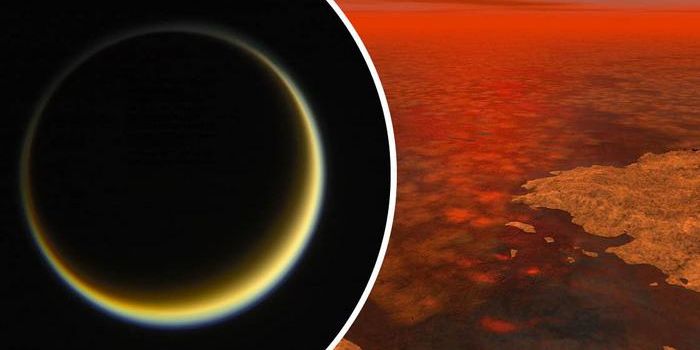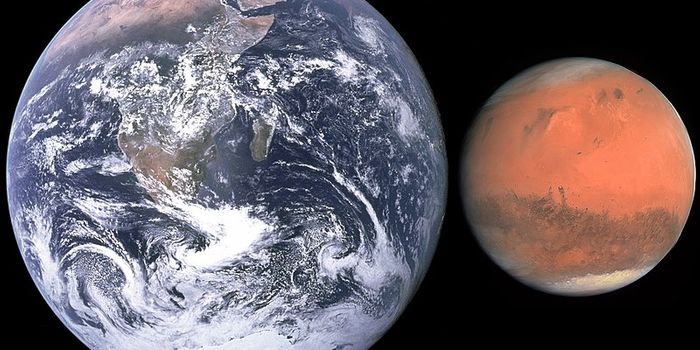Bacteria Make Space Mining 400% More Effective
Researchers aboard the International Space Station (ISS) have shown that bacteria can increase space mining efficiency by more than 400%. Their findings pave the way for easier access to materials such as magnesium, iron, and rare Earth minerals while in space.
Carrying materials from Earth into space is expensive. Even with SpaceX's Falcon Heavy, it costs $1,500 to send a kilogram of payload into space. As such, ways to make use of materials already in space has been a keen area of research for some time.
As such, for over ten years, a team of researchers had been developing small, matchbox-sized devices called 'biomining reactors' that are easily transported to and installed on the ISS. And in July 2019, they finally managed to ship 18 of the devices to the ISS for low-orbit experiments.
For the experiments, each reactor contained a bacterial solution containing a small piece of basalt, a volcanic rock abundant on the moon. For three weeks, the basalt rock in each rector was exposed to the bacterial solution to see whether the bacteria could extract minerals from the rock in a similar way to how it does on Earth.
In three gravitational environments- one simulating Mars, one Earth, and one microgravity, the team aboard the ISS performed experiments with different kinds of bacteria: Sphingomonas desiccabilis, Bacillus subtilis, and Cupriavidus metallidurans. They also used a control solution with no bacteria.
All in all, they found that whereas B. subtilis and C. metallidurans yielded results similar to the control solution, S. desiccabilis managed to extract significantly more rare-earth minerals from the basalt than the control solutions. In particular, the bacteria managed to leach between 111.9% and 429.2% more of the rare earth elements than the control solutions.
The researchers also noted that different gravitational forces did not seem to affect the performance of any of the bacteria. This came as a surprise given previous studies have found that microgravity affects microbial processes. The researchers also found that each bacteria reached similar concentrations in all three gravitational conditions, likely as they had sufficient nutrients grow.
In the end, the researchers concluded that, with sufficient nutrients, biomining can significantly enhance rare mineral extraction in several gravitational conditions that may occur in space. While it is not necessarily economically viable to return materials harnessed from this process to Earth, the researchers say that biomining may nevertheless play a key role in supporting a self-sustaining human presence in space.
Sources: Science Alert, Nature Communications









